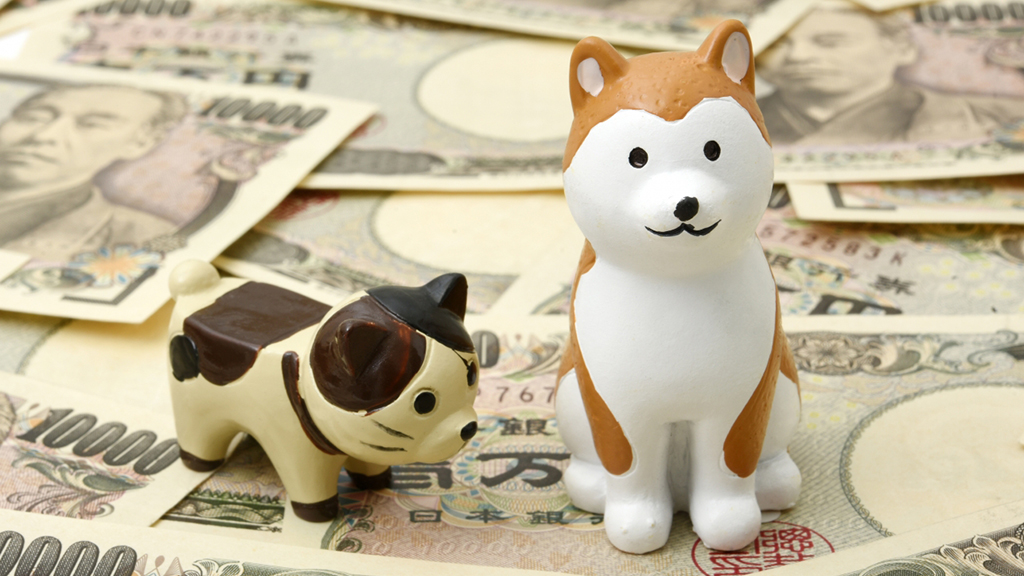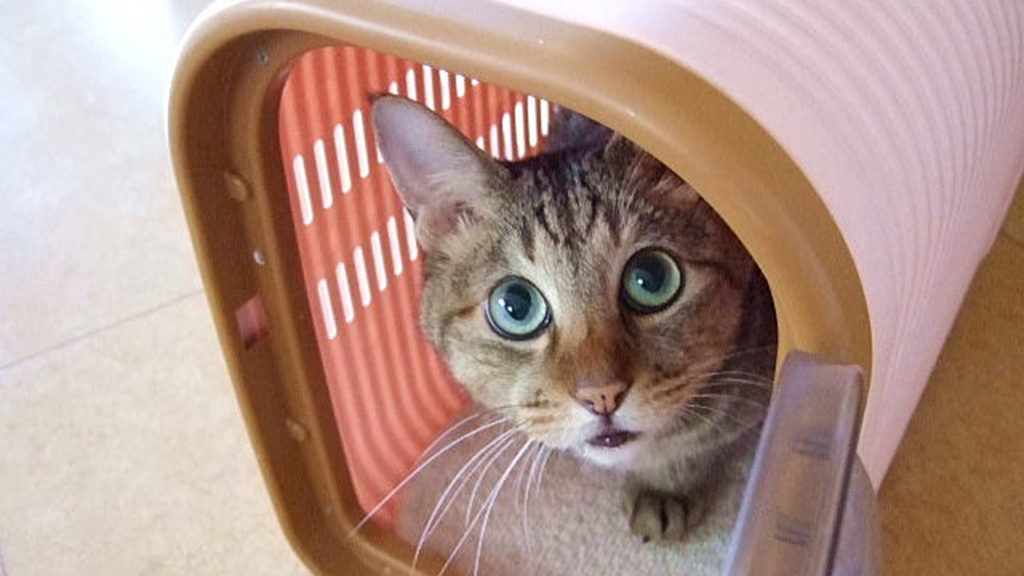Duties and notifications when keeping a dog or cat in Japan

This post is also available in 日本語
Keeping a dog or cat means “looking after a life”. Dogs and cats have an average lifetime of 10 years or more. You need to take responsibility and look after them for 10 years or more. Here, we will introduce you to things you need to be aware of and rules for keeping a dog or cat in Japan.
Contents
Things to be aware of when keeping a pet (dog/cat)
Home
To keep a pet, you must be in a residence that allows pets to be kept. Additionally, even if pets are allowed, there may be certain restrictions, such as “small dog only” or “one pet only”. Make sure you confirm this in advance. Also make sure that the noise or odor your pet makes does not cause a nuisance to the neighbors.
Care
If you keep a pet, you will need to provide them with care every day, such as taking them for walks and feeding them. There may also be medical costs, such as taking them to the vets and operation costs etc. When your pet gets old, they may need extra care.
Make sure you check in advance whether you can look after them for 10 years or more, from the perspective of stamina, time, money, family structure, and lifestyle.
Allergies
Avoid keeping a pet if you have allergies to animals. If there are people prone to allergies living with you, make sure you test them in advance for animal allergies.
Rules when keeping dogs

There is a duty imposed by law to register dogs and vaccinate them against rabies.
Dog registration
You will need to register dogs within 91 days of their birth or within 30 days of starting to keep the dog. Register them at the municipal office counter where you are living. After registration, a “dog license” shall be issued so attach this to their collar etc. If your dog dies, or the owner is changed, you will need to take this license and carry out procedures. If you move home, you will need to notify the area you relocate to.
Vaccinations against rabies
You will need to vaccinate your dog against rabies within 91 days of their birth or within 30 days of starting to keep the dog. After this, they will need to get a rabies shot once a year between April 1st and June 30th. When you get the vaccination, you will be issued with an “injection completion certificate”, so attach this to their collar etc.
Rules when keeping cats

There may be rules and ordinances when keeping a cat, although this depends on the area. For example, in Tokyo, there are the “three rules” that they must be kept indoors, have their identification displayed with a tag and microchip, and undergo neutering surgery. There is a duty of registration in certain areas as well.
Make sure that you investigate and follow the ordinances in the region where you are living to keep your cat safe from dangers, such as traffic accidents and creating unwanted offspring etc.
When bringing your dog or cat in from overseas

Bringing your dog or cat into Japan from a foreign country amounts to “import”.
To import a dog or cat, you will need to provide notification at least 40 days before arriving in Japan. Make sure that you notify animal quarantine with jurisdiction at the airport or port where you will arrive in advance. If you satisfy the import requirements, you will be able to complete the dog or cat import inspection in a short period of time. However, if you do not, you may need to undergo inspections for up to 180 days at animal quarantine facilities.
The procedures for importing a dog or cat into Japan differ depending on the country you are bringing them from. This is the same for service dogs, such as seeing-eye dogs, care dogs, and hearing assistance dogs. Make sure you research this carefully before bringing them to Japan.
- What are “Wagara (traditional Japanese patterns)”? Meaning and Prayers Accompanying the Main Japanese Patterns
- Types of Sushi and Its History
- Easily Explained. What is “Furusato Nozei”?
- Katakana words, what do they mean? “Icons, remote controls, computers…”
- [2021 | Tokyo] Four Japanese language schools recommended









